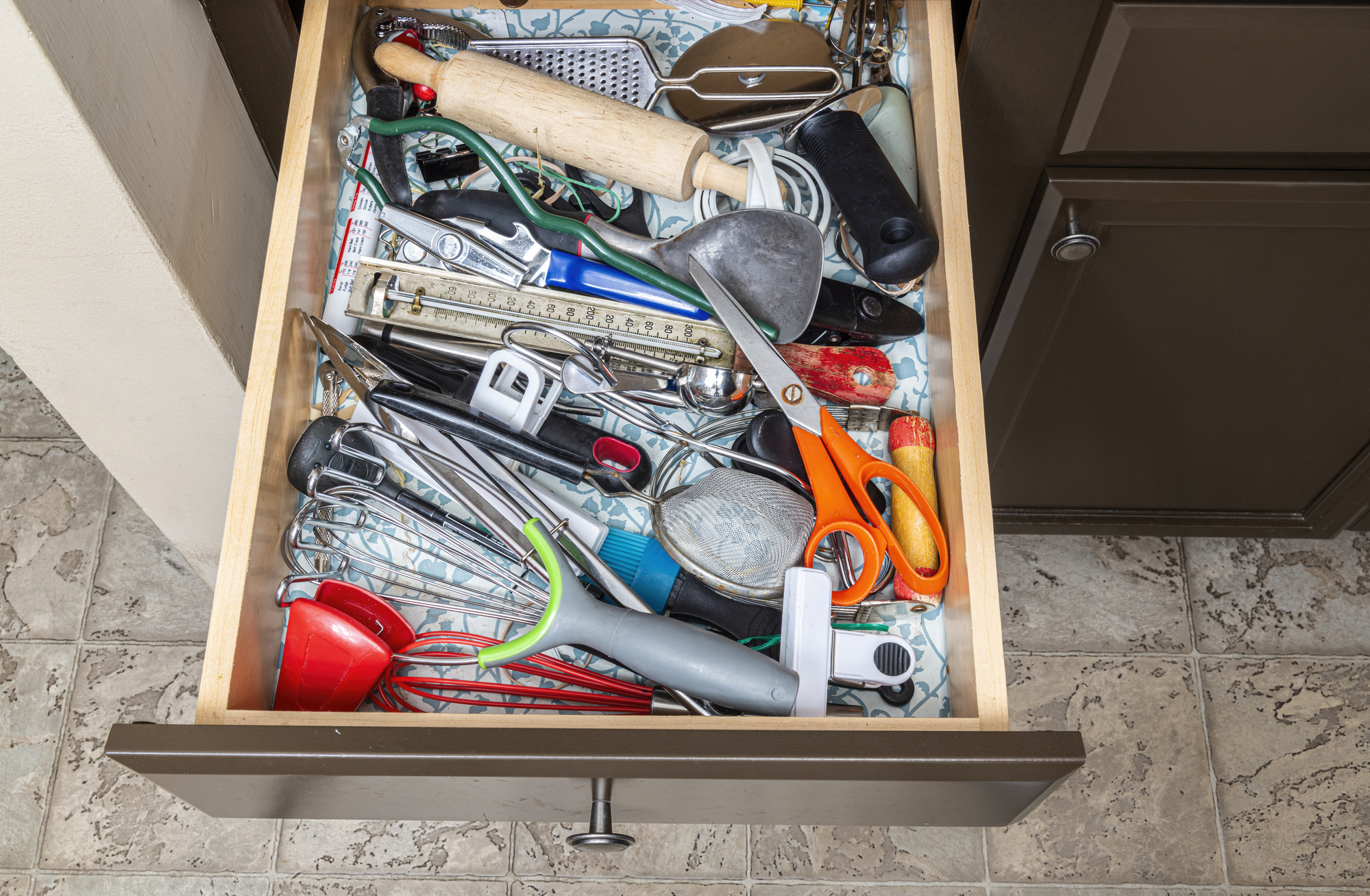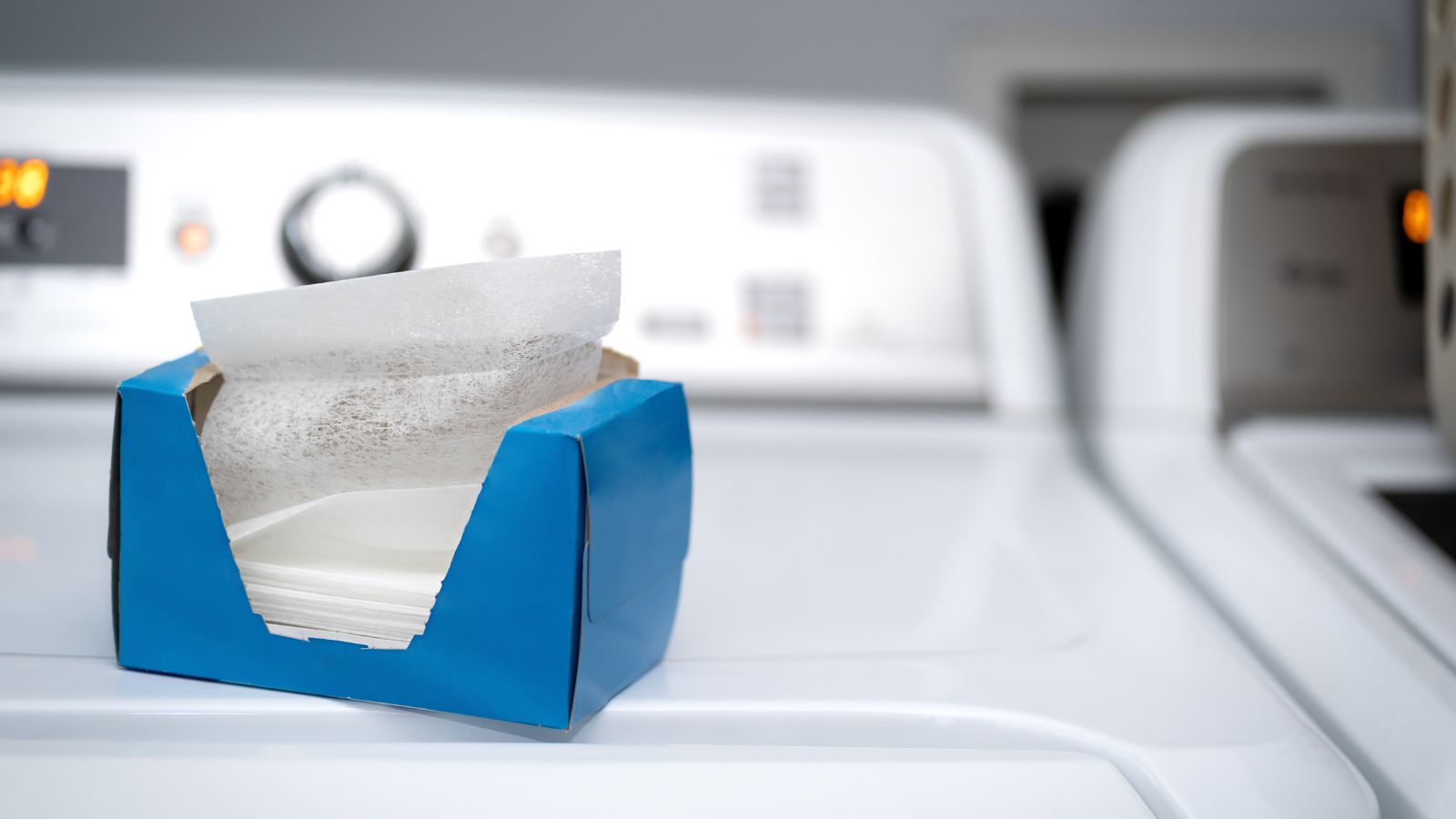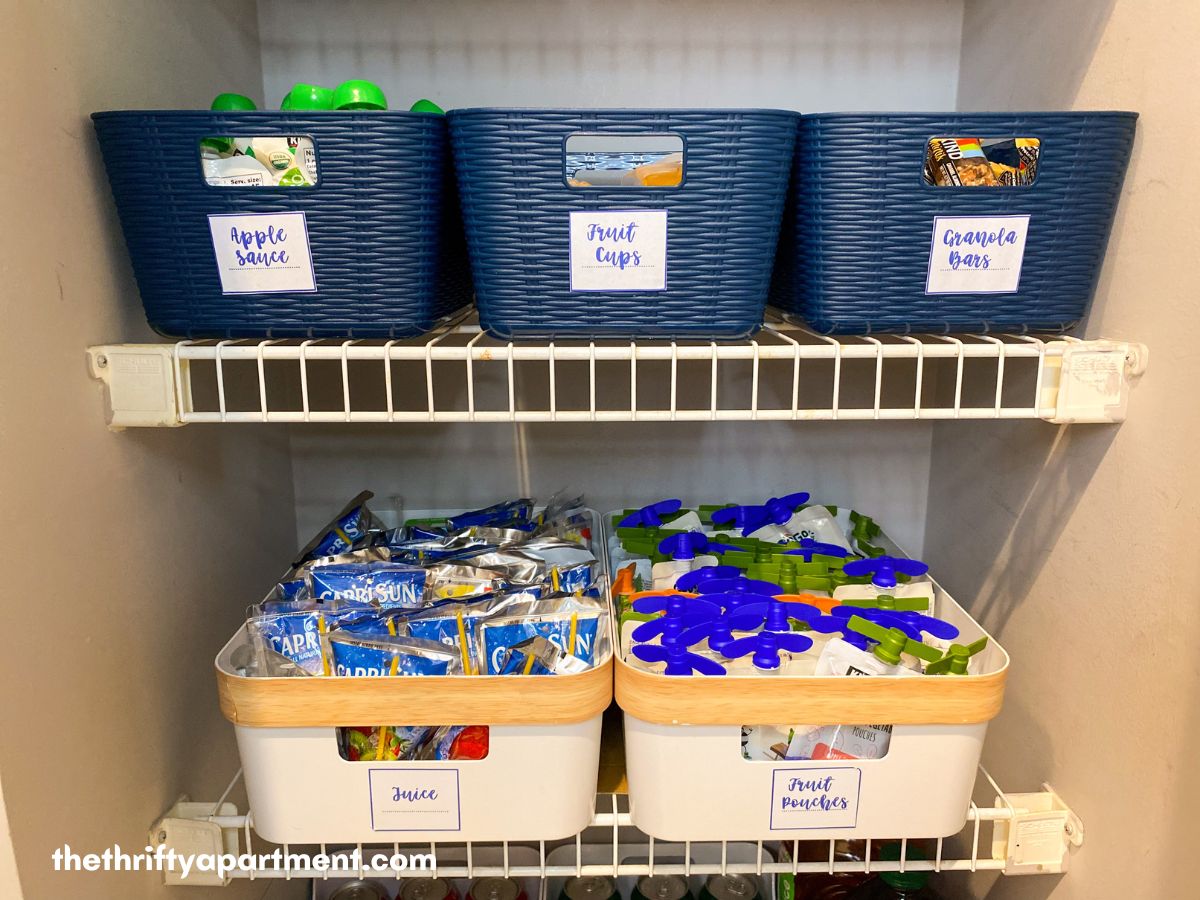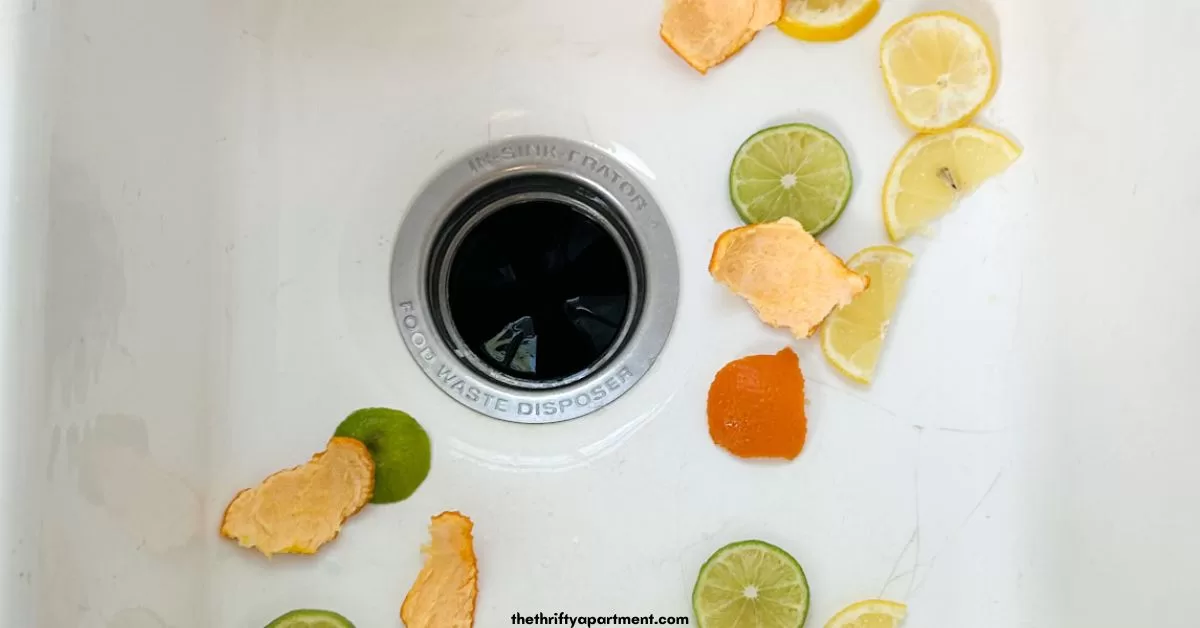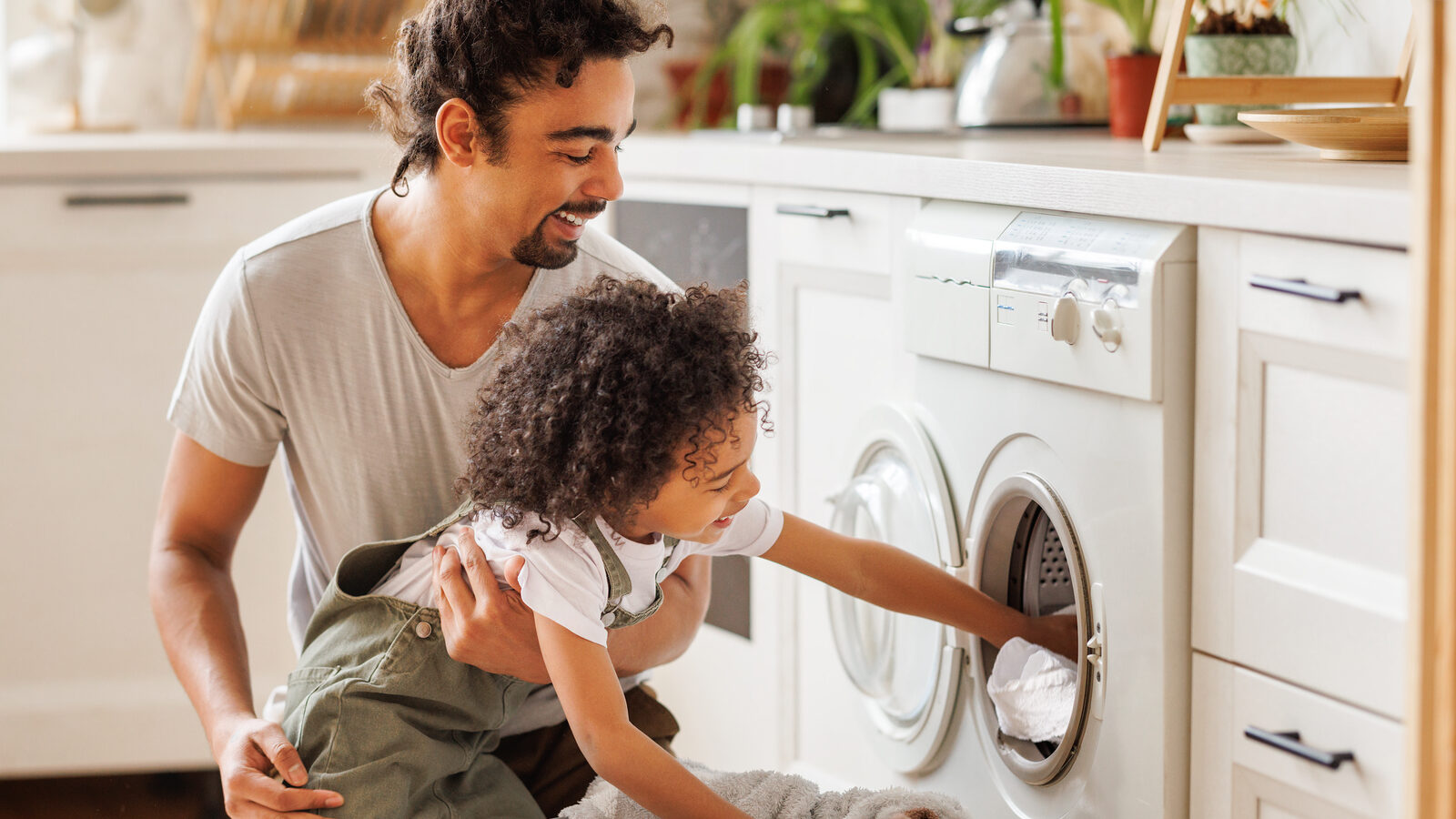This post may contain affiliate links.
We all love our furry friends, but let’s face it – they can bring some not-so-pleasant odors into our homes. Between the occasional accident that leaves unwelcomed stains and odors, dealing with pet odors can be a challenge.
Whether it’s the smell of their litter boxes or the lingering scent of wet dogs, here are 20 simple and practical tips to help you eliminate those unwanted smells and keep your home smelling its best.
1. Vacuum Regularly
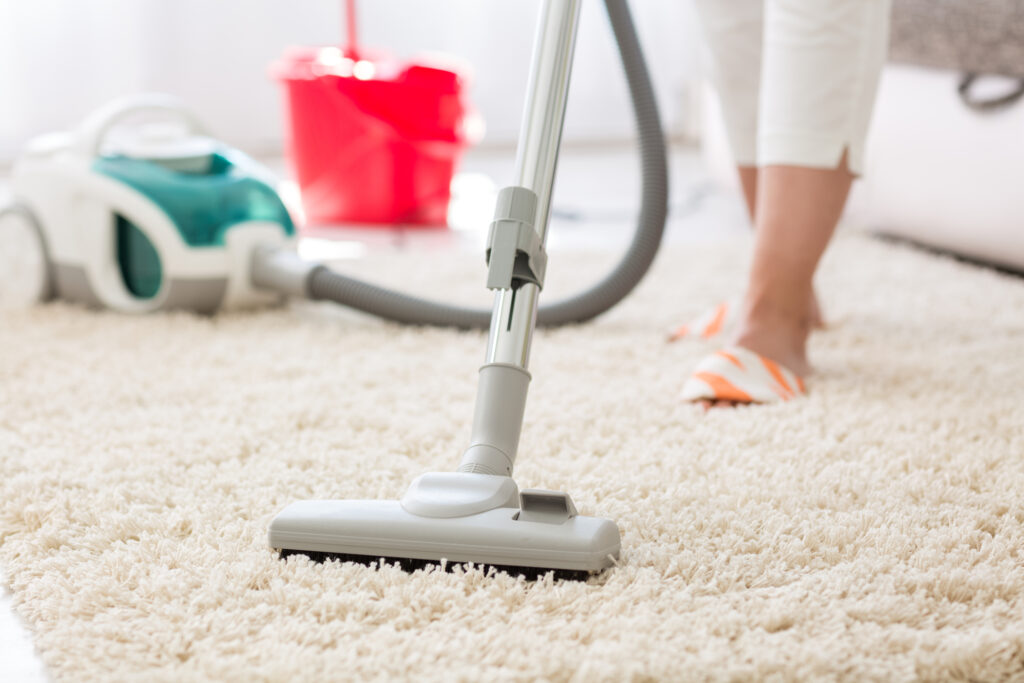
The secret to combating pet odors starts with maintaining a clean environment. Regularly vacuum your floors to remove pet hair, dander, and any dirt or debris causing those not-so-fresh smells.
2. Stay on Top of the Litter Box
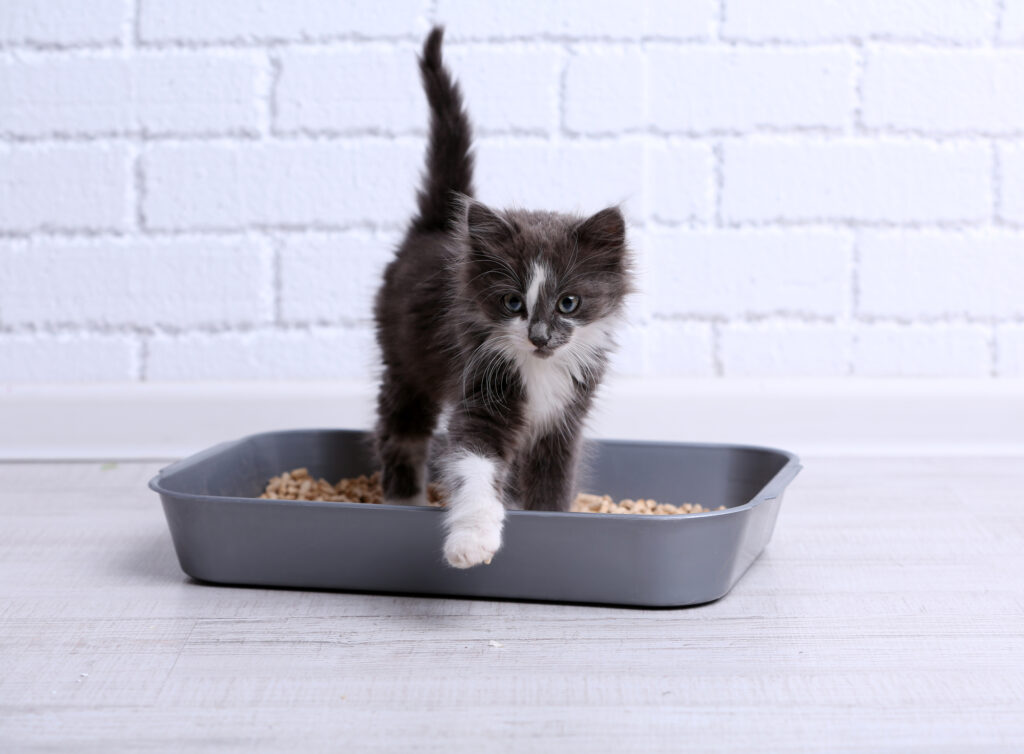
Keeping their litter boxes clean is essential if you have an indoor cat. Scoop it daily and change the litter regularly to prevent odors from permeating your home. Consider using odor-absorbing cat litter or adding a sprinkle of baking soda to the litter box to reduce the smell.
3. Pet Beds Needs Love Too
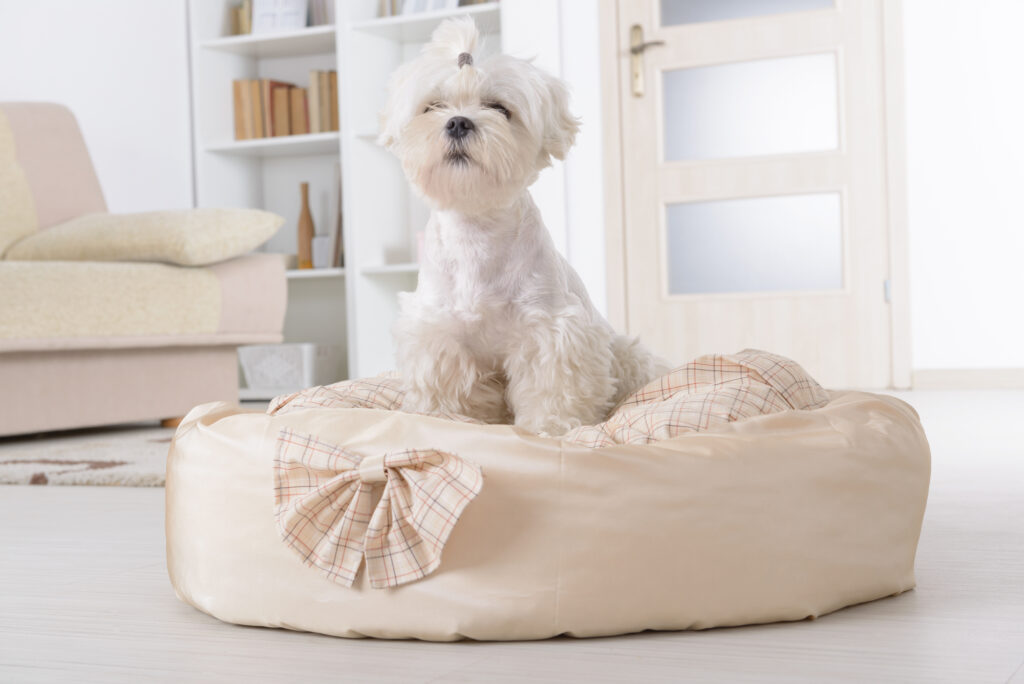
Your furry baby’s bedding can harbor odors, so it’s essential to wash it regularly. Check the care instructions and use pet-friendly laundry detergent to eliminate lingering smells in your dog bed. Don’t forget to throw their blankets or pillows in the washing machine!
4. Groom Your Pets

Regular grooming not only keeps your pets looking fabulous, but it also helps keep those odors in check. Groom and give them regular baths to remove loose hair and dander. Grooming and regular bathing will reduce the smell-causing particles floating around.
5. Give Pet Toys and Accessories Some TLC

It’s easy to forget, but your pet’s toys, collars, and leashes can accumulate dirt and odors over time. Give your cat and dog’s toys a good wash with pet-friendly detergent or white vinegar, or follow the manufacturer’s instructions for proper cleaning. Your dog or cat will appreciate the extra effort!
6. Mop the Floors
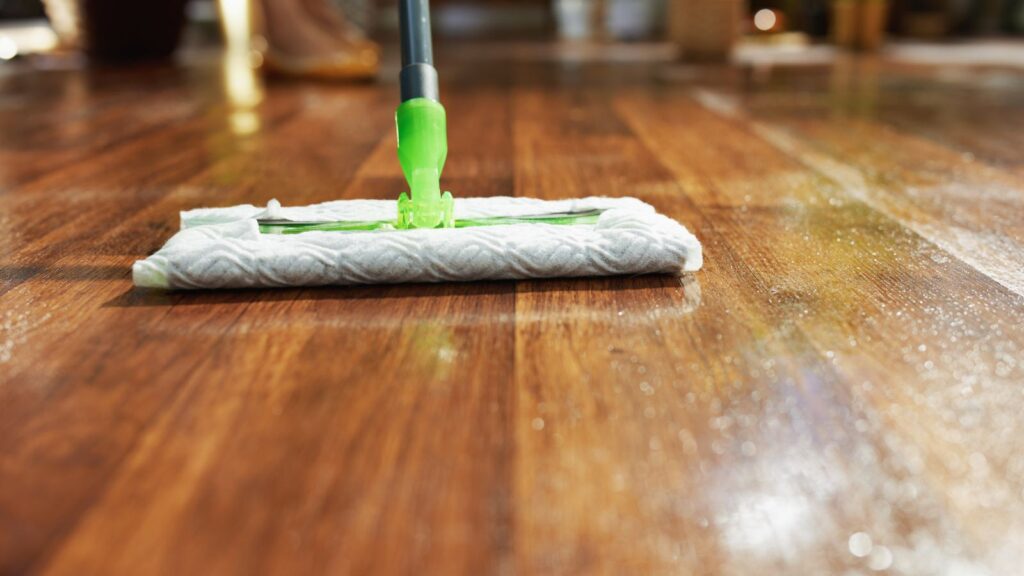
If you have hardwood floors, laminate, or vinyl plank, you should mop them regularly. Start by quickly sweeping the hard floor with a broom to pick up any loose debris, then follow up with a thorough mopping.
7. Change the Air Filter
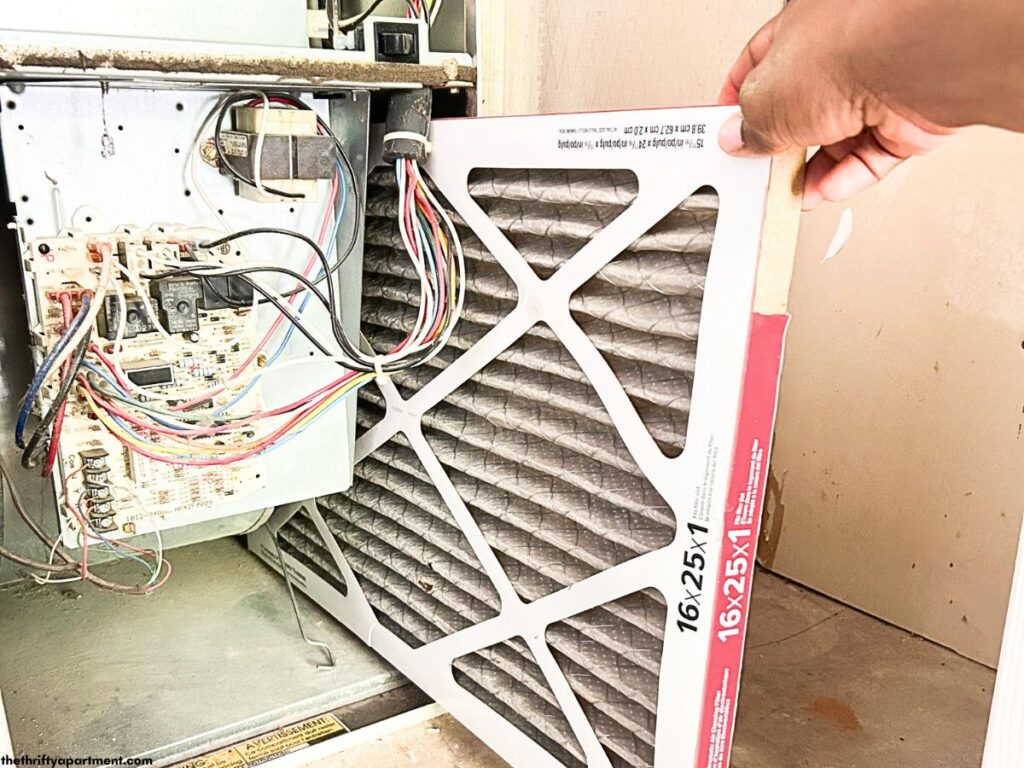
Air filters help remove airborne particles like dust, pollen, pet dander, and other allergens. By reducing these contaminants in your home, you can protect yourself and your family from breathing in poor air quality. Make sure to change it every three months to help keep your HVAC system running smoothly and filter the air.
How Often Should You Change the HVAC Air Filter in Your Home?
8. Allow Fresh Air In

Good ventilation is key to minimizing cat and dog odors. Open your windows and let the fresh breeze and air come in. Allowing the air to circulate in areas where your pets spend most of their time helps to reduce the pet smell. This helps whisk away stale air and replace it with a breath of fresh, odor-free air.
If you cannot open a window, turn on the ceiling fans to circulate the air.
9. Tackle Shedding Head-On

Pet hair can contribute to lingering odors, so staying on top of shedding is essential. Regularly brush your pets to remove loose hair before it ends on your furniture or carpets. Consider using a shedding tool or a brush designed for your pet’s breed. Your home will thank you!
10. Opt for Pet-Friendly Air Fresheners

Look for air fresheners specially designed for pet-loving homes, or try natural alternatives like essential oils, diffusers, or potpourri made from dried herbs and flowers.
11. Clean Your Couch With An Upholstery Cleaner

If your pet spends time on your couch, there is a good chance that it will start to smell like them. Couches tend to trap odors. Use an upholstery cleaner or steam cleaner to remove stains and odors from your couch.
12. Deep Clean The Carpet

Carpets have a knack for absorbing pet odors, so regular cleaning and deodorizing is crucial. Use a carpet cleaner designed for pet stains and odors, or call the professionals for a deep clean that will leave your carpets smelling fresh and looking fabulous.
13. Wash Your Curtains and Other Linens

Curtains and other fabrics can trap pet odors. Check the care instructions and give them a good wash or dry clean. Consider using fabric fresheners or sprays designed to neutralize pet odors for that extra touch of freshness.
14. Keep Surfaces Clean
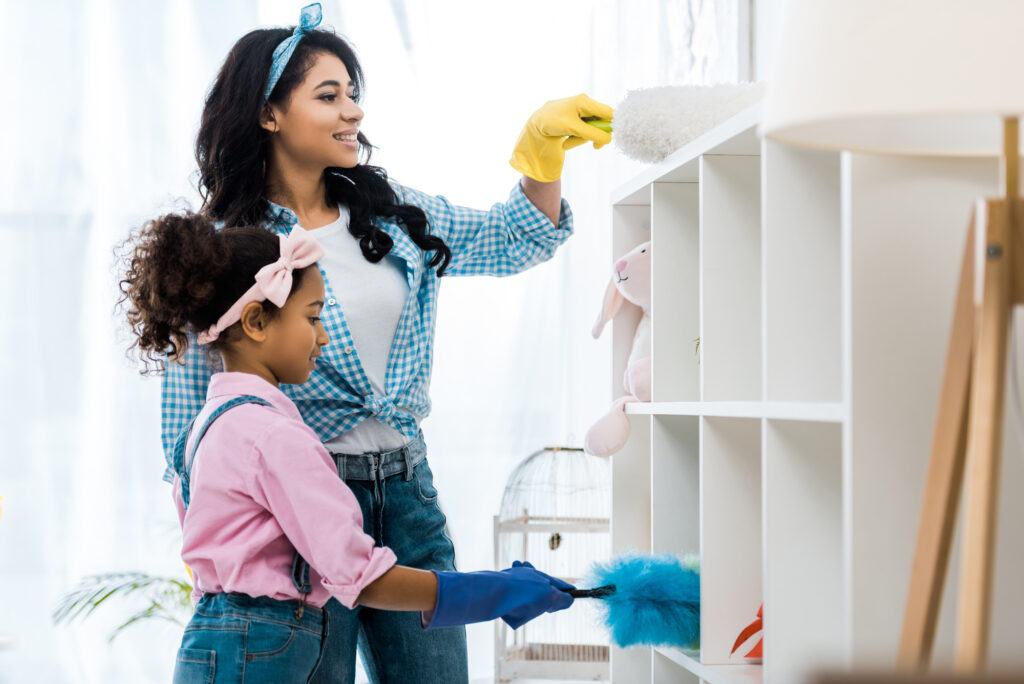
Pets love exploring all the surfaces in your home, from floors to walls to furniture. Wipe down these hard surfaces regularly with pet-friendly cleaning products to remove any built-up odors and ensure your home smells clean and inviting.
15. Embrace the Magic of Baking Soda
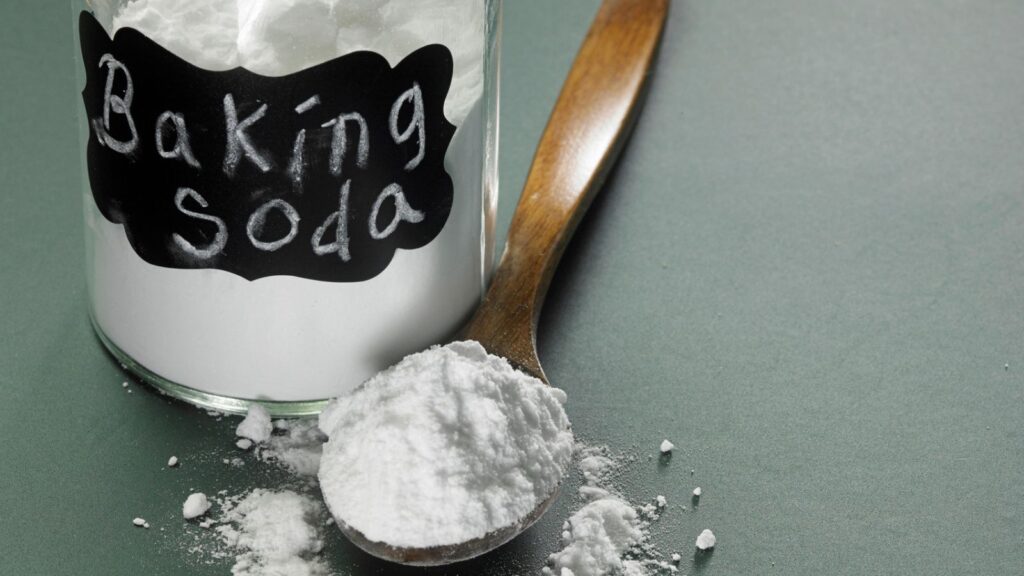
Baking soda is a natural odor absorber and a lifesaver for kicking pet smells to the curb. Sprinkle baking soda on your carpets, rugs, and upholstery, let it work its magic for a few hours, and then give it a good vacuum. You can also place an open box of baking soda in litter boxes or areas with strong odors for extra odor control.
16. Vinegar
Similar to baking soda, you should use vinegar to keep a pet to reduce pet smell. Vinegar can be used as a natural odor eliminator, deodorizer, and laundry detergent. You can use the vinegar to help wash pet linens and fabrics and spot-clean the carpet, especially if there are urine stains.
17. Use an Air Purifier
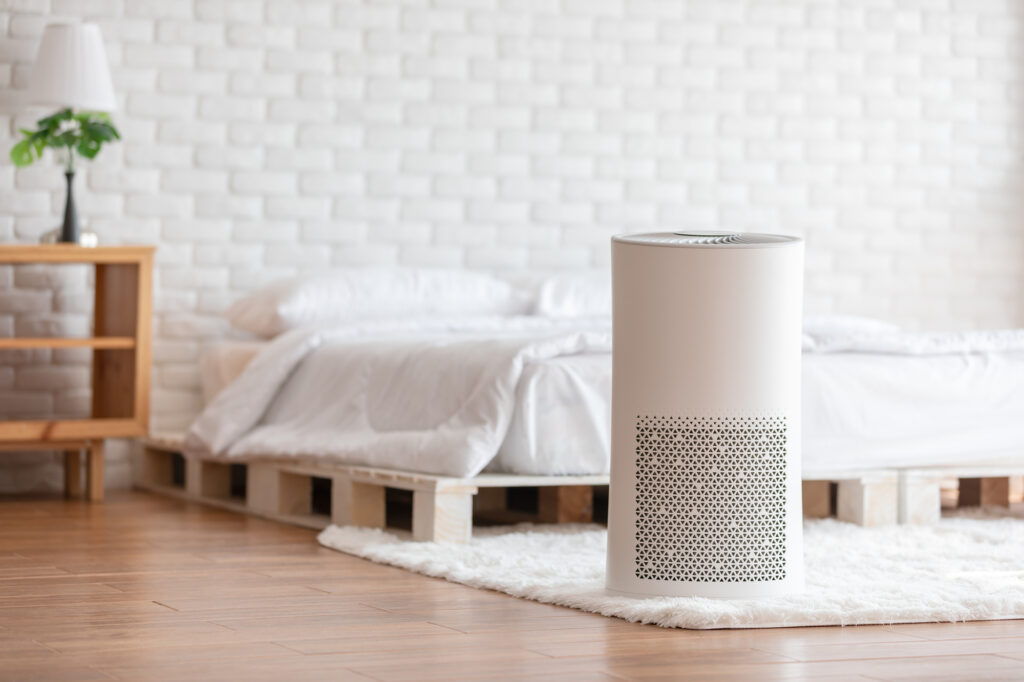
Using an air purifier can effectively remove dander and debris from the air in your home, contributing to a fresher and more pleasant-smelling living space.
18. Repaint the House

While repainting might sound like an extreme solution, it can be highly effective. Painting makes sense if you’ve tackled eliminating odors from your home and discover that the smell may have permeated your walls. Repaint the affected area using a stain- and odor-sealing paint primer to address this issue.
19. Seek Professional Help if Needed

If you’ve tried everything and are still battling persistent pet odors, don’t hesitate to seek professional assistance. Sometimes, despite our best efforts, pet odors can persist. Hiring professional pet odor removal services can be a game-changer in such cases.
These professionals specialize in removing even the most stubborn odors, leaving your home smelling fresh and clean. They can assess your home and provide specialized advice or treatments to tackle those stubborn smells effectively.
While professional services may come at a cost, they can provide a long-lasting solution to pet odors. Consider hiring a professional if you’ve tried DIY solutions without success or if the odor is particularly strong or persistent.
20. Regularly Brush Your Dog’s Teeth
Prevent dental disease and ensure fresh breath for your dog by brushing it regularly. The last thing you want is for your dog to have bad breath.
Reasons You Should Address Pet Odor
Pet odor is not only a nuisance, but it can also have a negative impact on your overall well-being. The smell can permeate every inch of your home, making it difficult to relax and enjoy your space. Additionally, pet odors can be embarrassing when guests come over, and they may even deter potential buyers if you’re looking to sell your home.
But beyond the inconvenience, pet odor can also be a sign of underlying medical conditions or other home issues. For example, a strong ammonia smell could indicate a urinary tract infection in your pet, while a musty odor might suggest the presence of mold or mildew. By addressing pet odors promptly, you can ensure the health and happiness of both your pets and yourself.
Common Causes of Pet Odors
There are a few ways that pet odors develop in your home. It’s important to understand the common causes of pet odor. By identifying the source of the smell, you can target your efforts more effectively and prevent future odors from arising.
Here’s a list of ways odors can develop:
Pet Urine
Whether from accidents on the carpet or a litter box that needs cleaning, urine can leave a strong and persistent smell.
Pet Dander
Pet dander are tiny particles of skin that pets shed. These particles can become trapped in carpets, upholstery, and other surfaces, leading to a distinct odor.
Pet Activity
When pets go outside, they are known for bringing in mud or wet fur. These odors can cling to their fur and transfer to your furniture, carpets, and other areas of your home.
By understanding these common causes, you can better target your efforts to remove pet odor effectively.
How do you keep your house from smelling like a dog?
The best way to keep your house from smelling like your dog is by regularly grooming your pets, cleaning the litter boxes and bedding, and vacuuming and cleaning your house regularly.
Can you get animal smell out of a house?
Yes, getting the animal smell out of your home is possible. The best way is to follow the tips above to help you remove the smell.
How long does pet odor last?
If not treated properly, pet odors can last for months, if not years. The scent can permeate every aspect of your home, including the surfaces and walls. It’s important to address the issue as soon as you are aware and put preventative measures in place to keep it from continuing.
Conclusion
Pet odor doesn’t have to be a permanent part of your home. You can effectively remove pet odors and enjoy a fresh and inviting living space with the right strategies and techniques. You can maintain a clean and odor-free home by understanding the common causes of pet odor, using targeted approaches to remove different types of odors, and implementing preventive measures. You will enjoy a fresh-smelling space, and your pets will benefit from a healthier and more comfortable environment.
So, don’t let pet odor dampen your love for your furry friends. Take action today and reclaim your home from unwanted smells. With these pet odor removal tips, you can truly love your pets without the smell.
